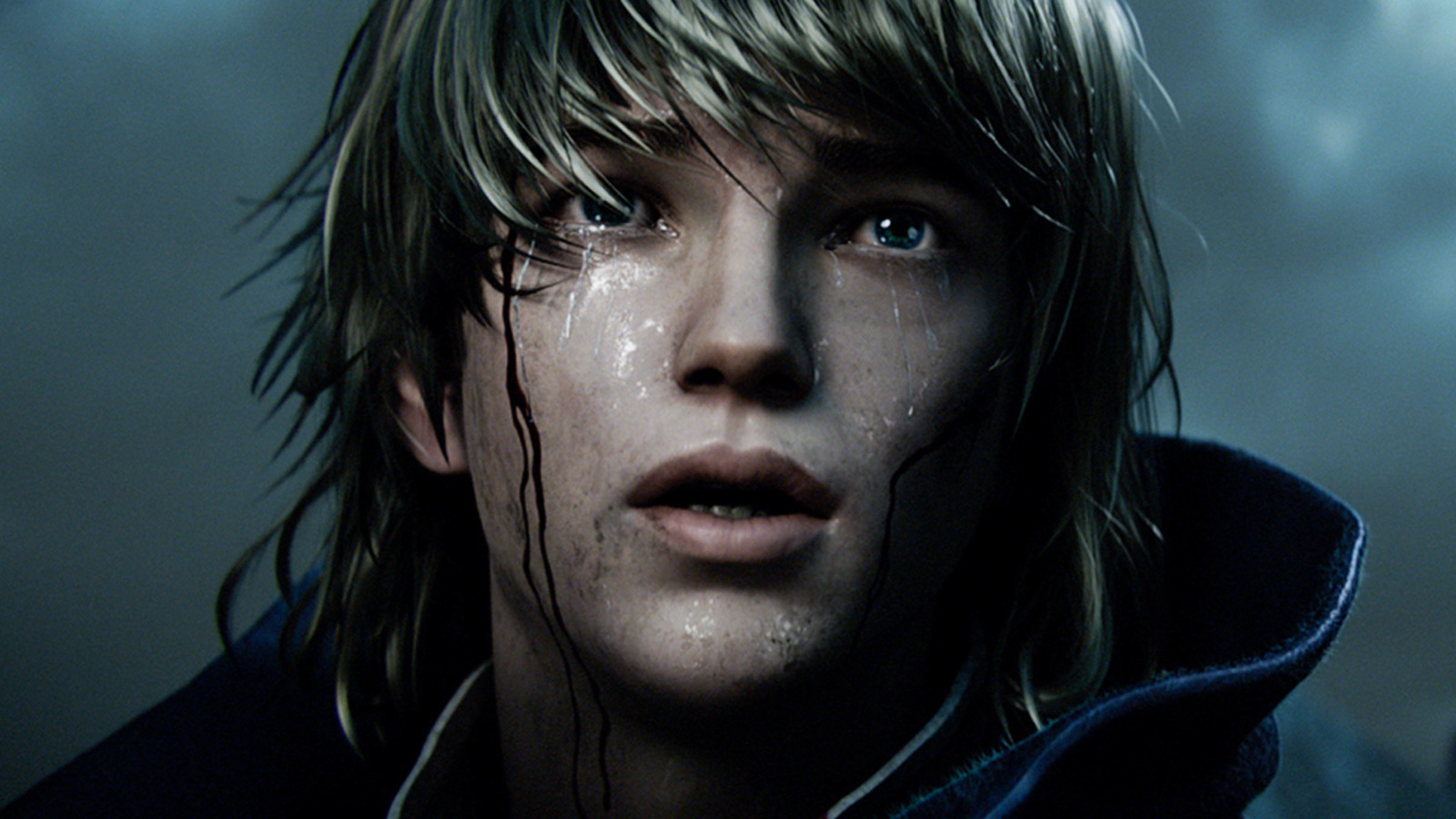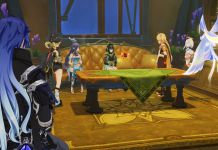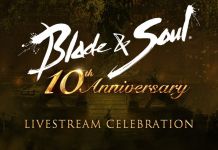How The Heck Did Lost Ark Lose 98% Of Its Players!?
From 1 million to just 15 thousand...

Lost Ark launched in the West in February 2022, and at first the hype was massive. The free-to-play MMORPG had slick combat animations, gorgeous visuals, and a huge world to explore. A million players piled into the servers. It looked like the next big thing. Except it was not.
Within a year, the game lost around 80% of its player base, leaving only a fraction of the original audience. Why did Lost Ark crash so hard? The answer is a messy mix of design decisions, monetization, and cultural differences that dragged it down despite its strengths.
The game had already been popular in South Korea since 2019 before Amazon Game Studios brought it West. But the launch was a disaster. Servers were overloaded for weeks, and players could not even log in. Most MMOs deal with congestion at launch, but Lost Ark’s problems dragged on too long. Instead of diving into a new adventure, players were stuck waiting. That early frustration set the tone and created resentment.
When players finally got in, monetization hit them right away. Lost Ark leaned hard into pay-to-progress mechanics. Resources, upgrade materials, and currencies were all available in the cash shop. The game was technically free, but it was designed to push players toward spending money if they wanted to keep up. The infamous Vaulton Legion Raid exposed the problem clearly, as it demanded an item level that most free players could not reasonably reach. The only real way forward was to swipe a credit card. What could have been a rewarding grind turned into a paywall treadmill. Progress stopped feeling like achievement and started feeling like exploitation.
Cultural mismatch added fuel to the fire. Lost Ark was built for Korea first, and Western servers always lagged behind. Content that had been out for years in Korea trickled slowly into the Western release. Players in the West felt like second-class customers, always catching up but never truly on equal footing. That delay hurt trust and chipped away at the excitement.
Of course, grind is baked into every MMO. It is part of the appeal. But Lost Ark’s grind was especially punishing. Players had to spend weeks or months climbing item levels just to qualify for new content. Gear honing came with RNG success chances, meaning hours of effort could vanish with bad luck. Instead of feeling rewarding, it felt like a trap designed to waste time and money. Over time, that wore people down. Many just quit.
At launch, Lost Ark sold itself as a social game with sailing, islands, and big cooperative raids. On paper, it looked like a vibrant community experience. In reality, it boiled down to instanced zones and vertical progression. The game cared more about individual power levels than actual player bonds. It was less a living world and more a machine built for grinding. As the months passed, that truth became harder to ignore.
The final blow was reputation. Word spread online about how the game really worked, and new players were warned away before they even tried it. Once an MMO develops that kind of reputation, it is almost impossible to come back. Even in Korea, where Lost Ark had been strong for years, cracks started to show. Smilegate’s financial reports revealed a nine percent revenue drop and a fifty percent hit to net income. The decline was not just in the West — it was everywhere.
Technically, Lost Ark is not dead. Around 15,000 people play every month on average. In fact, Smilegate is already pivoting toward a mobile version with updated graphics and extras like a campaign mode. But that move feels more like a business decision than a true revival of the PC experience. For a lot of players, Lost Ark’s legacy is already decided. It will be remembered as a game that had everything going for it on paper, but fumbled so badly that even a million-player launch could not save it.
Related Articles
About the Author

Matthew “dinofries” D'Onofrio is a writer, content creator, podcaster and — most importantly — a gamer. With such a strong passion for video games and a severe case of FOMO, it's no surprise he always has his finger on the pulse of the gaming world. On the rare occasion Matt's away from a screen, you'll find him strumming away on his acoustic guitar or taking care of his cat Totoro.
More Stories by Matthew D'OnofrioRead Next

Engaging combat, gorgeous visuals, and approachable systems...
You May Enjoy

And bring Columbina home (to your roster).

The stream will feature givaways and tease some upcoming Blade & Soul NEO characters.

You still have to wait a bit if you want it on Steam.

It could be a nice break from all those more serious games we know you’re playing.
Discussion (0)